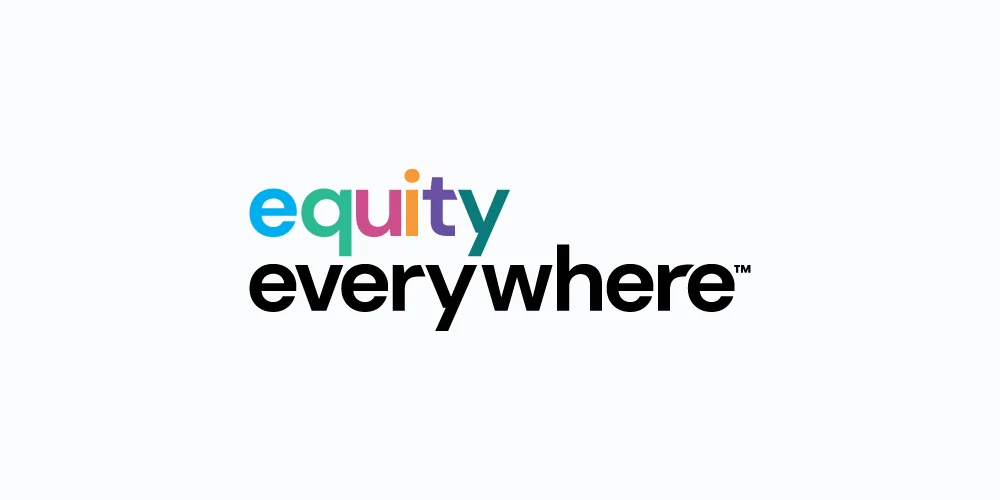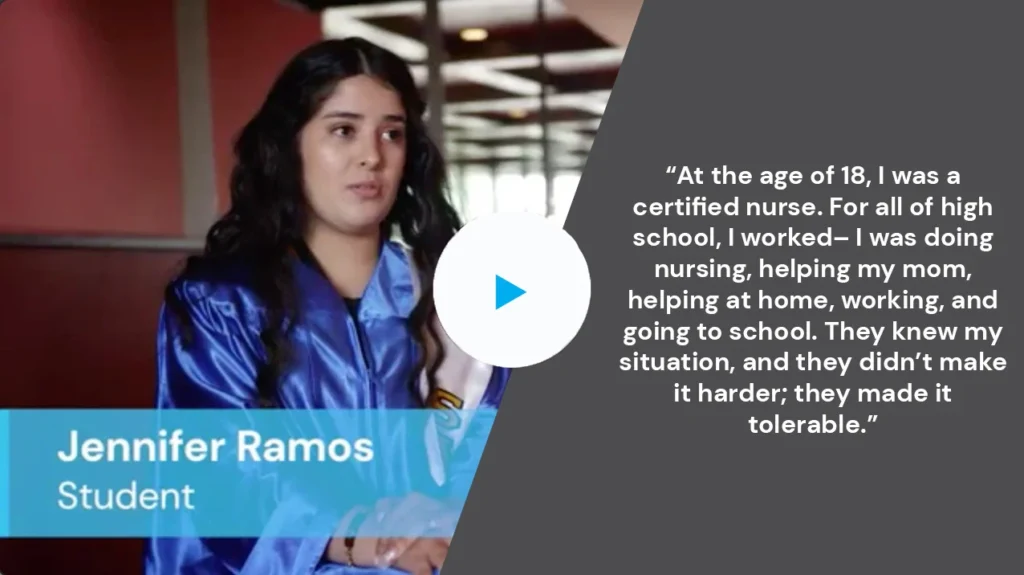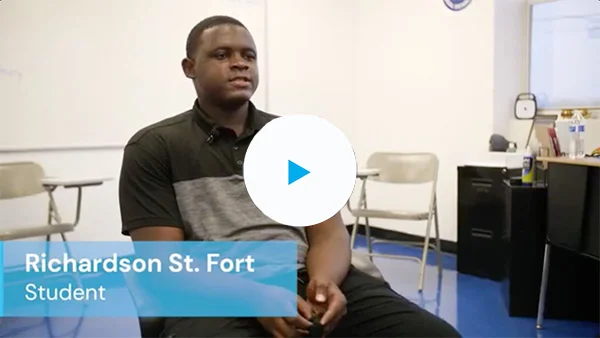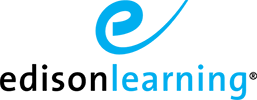Digital Learning Solutions for students grades 6-12
Digital Learning Solutions
EdisonLearning brings together best practices in instruction, developed over three decades of supporting schools, with blended solutions designed by educators to meet students where they are and deliver the education they need and deserve.
Explore Our Digital Learning Solutions
Whether you are looking for curriculum, student services support, or professional development support, EdisonLearning has the perfect option for you.
Success is for everyone
Students and Educators count on us to provide an online or blended school environment that promotes student learning and success.
Edwin Reyes
12th Grader, Sunrise High School
Julian Sosa
10th Grader
Dan Walke
Principal, Chambers High School
“The eCourses and eSchoolware opens up learning possibilities for our students, and actually for any students. It allows them an opportunity to fail, which many curriculums do not, and then retrains them to truly grasp the materials to enhance their learning experience.”
Alex Madrigal
Principal
Transforming Digital Classrooms for Student Success

Largest Minority-Owned
Business in Online Education

Thom Jackson has held key positions at Fortune 100 companies and served three New Jersey governors, but it was his upbringing in a high-poverty Ohio zip code that truly formed him into the leader he eventually became―specifically, he saw the critical role of education. “I’m living proof of how education can change your life,” he says. “I’m on this trajectory because my 8th grade teacher Dottie Miller pulled me aside in the hallway and put me on the right path.”
That trajectory led Thom to join EdisonLearning, originally as General Counsel, during which time he quickly found himself immersed in education models, results, and understanding what quality teaching was all about. Within a couple years, the company went up for sale and Thom placed the winning bid, making EdisonLearning the largest minority-owned business in the online education space. Over nearly a decade as President & CEO, his passion has only grown. “I feel obligated to pay back at a scale Ms. Miller wouldn’t even have imagined,” he says. “It keeps me driven.”
Equity in Education for Everyone



